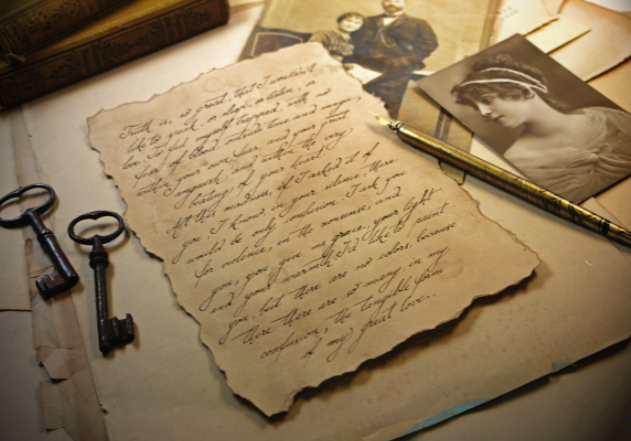Memoir Writing Memoir writing is a good place to start. This is not the story of your life. It is simply a collection of memories. Or even just one memory - a memory from your childhood or your teenage years. It could even be about this strange time that we are living in now. Memoir writing is about real life and the struggles and joys that we all face. Helpful tools1. Imagine that you are telling your memory to a friend. Then just begin. Write in your own authentic voice. The first draft of anything can be very sketchy. But once the first draft of any story is written you have your raw material. 2. Try to remember the details. If your story is set in your childhood home, write down what you remember. What was on the mantlepiece? What hung on the walls? What colour was on the walls? Was it paint or wallpaper? What was on the floor? Was there a dog? 3. Use the senses. If you were writing about the house you grew up in, what was the aroma? Was there an open fire, perhaps with turf? What did you eat? How did it taste? What were the sights, smells, and sounds of this house? Take time in describing them. 4. Use emotion. Try to remember what you were truly feeling and then write it as honestly as you can. 5. Rewrite or edit your story until you are happy with it. Then think of another memory. It could be a simple memory but one that means something to you. Before you know it, you will have a collection of stories to write. Memoir writing is a journey of self-discovery as the subject is you and it can be incredibly rewarding. It is up to you what you do with it. But your memoirs are an important piece of social history and their importance cannot be overestimated. Developing CharactersCharacters in fiction writing are not just part of the story they must drive the narrative, so it is crucial to spend time developing full-rounded characters that are compelling and believable. Take your time developing characters that are authentic. When developing your character, you must get to know them. How do they speak? What are their worries? Have they unusual traits? What is their body language? Get to know their physical traits, their passions, and their secrets. Allow the character to lead you, people are unpredictable and so are characters. Allow them to change the story. Let them be of their time. Most importantly avoid judging them. Some TipsPeople are characters so this is where you can get your inspiration. Try to notice how people behave. Everyone is unique. Every character is too. • Create characters that will surprise you. You should have lots of knowledge about you character. But they should always be able to shock you or surprise you. Never assume you know everything about your characters. • As your writing develops, so will your characters and allow them to change and do things that you never thought that they would. • Take time in finding the right name for each character. • Imagine how they would speak. Are they articulate? Are they well mannered? Or perhaps they are witty. Do they use body language when they speak? Are they loud? Or shy? Have they any unique traits in their voice? • What do they look like? Create a visual for the reader but allow them to have their own interpretation. DiscoveryDeveloping characters is a journey of discovery. The more you write about them, the more they will inspire your writing. But try to find a character that you are excited to write about. Then let them tell the story. Character writing is the essence of fiction writing so take your time in learning the craft of creating compelling characters.
Sometimes, fear stops us from ever writing our stories, but try to leave fear aside and just begin. Let it take you on that magic carpet.
0 Comments
Your comment will be posted after it is approved.
Leave a Reply. |




